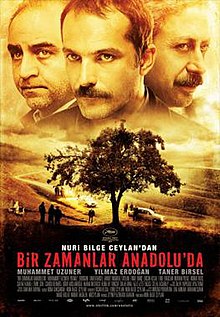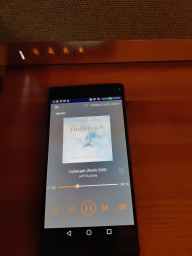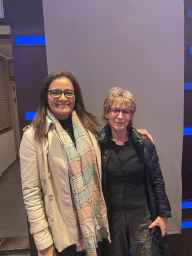Russia and Ukraine
Jonathan Steele in the Guardian has an interesting article about how we ended up with the current situation – as expected, it isn’t all Russia’s fault. Also, according to him, Russia has already won, in terms of denying Ukraine the possibility of joining NATO, because the alliance does not admit countries that do not control their borders.
On the TV news they keep interviewing Ukrainians on how they are feeling. Probably the majority of them understand the issues differently, and with greater subtlety than the average western viewer.
Sufi music
On SoundCloud I have been listening to Sufi musicians like Farida Busemann. Some of it is a little too ethereal, but it is appropriate some of the time. A part of me cleaves toward bhakti; it’s just that I’m constantly being put off by the religious frameworks in which devotion is usually caught-up. Sufism suits me because it has always played the outsider; sometimes tolerated or co-opted, but never really embraced by formal religion; and nowadays positively despised by Islamic puritans like the Wahhabis. It’s also a form of devotion that finds common ground with people of completely different religions, such as Hindus. I think that some of us may be Sufis without even calling ourselves as such, without even knowing that we are so. Going back to music, I think there are songs that embrace the spirit of Sufism without properly being Sufi. I’m just now listening to Zara and Djivan Gasparyan’s wonderful rendition of the Armenian folk song Dle Yaman. Garage Philosophy
In car garages you really meet the essence of Israel’s existential realities. They are places where Arabs and Jews come together and achieve a shaky interaction and cooperation. Often the Jewish mechanics or owners will speak fluent Arabic, though most of them are also right wing. The other day when I visited one to get a new battery for my daughter’s car, I was treated to an unexpected harangue about “left wingers”. The garage owner happened to use the word “Kushi” in describing someone. It’s equivalent to the N word in English (though in Biblical times, Kush was an ancient African kingdom). He said he had no problem about using the word “kushi” whatever people might say about that. He went on to “explain” related phenomena, like how Americans can’t even say “he” nowadays but have to use “they” instead, and how this was all leftwing bullshit. Of course, he obviously took me for one such American, though that was never stated, and he said everything in a friendly way, as if only fools would disagree with such obvious truths. I just muttered the expected words and picked up my credit card and receipt. And now he has lost my custom; I’ll never go back there – not because his opinions differ from those with other such people I need to deal with, but because he made the mistake of talking plainly, to a customer who had only came to get some work done on the car, rather than to benefit from his enlightened views on unrelated matters.




